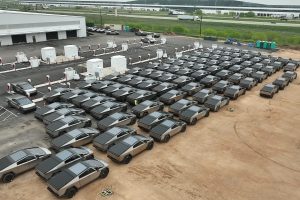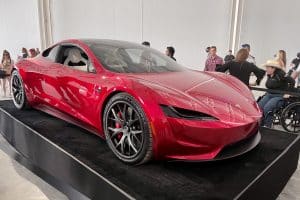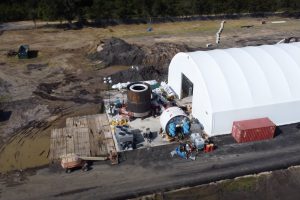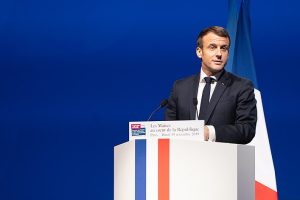American electric car company Tesla has decided to sue a Chinese man for $650,000, claiming defamation following his victory against the automaker in a separate lawsuit, where he won $155,000.
Han Chao has posted images of legal documents that indicate Tesla is suing him for 5.05 million yuan, or around $650,000 for defamation. Tesla is also demanding a public apology, a strategy it has used in other defamation suits in China, where the company has been undergoing a very public attack on its products since the beginning of 2021.
The lawsuit’s basis seems to indicate that, following the closure of a previous case that saw Chao win more than 1 million yuan or around $155,00 from Tesla, Chao continued to defame the automaker on social media. Chao used terms such as “a quack,” calling Tesla a “rogue” and “rubbish” company following his victory.
“Han has been spreading his words through a series of online and offline actions…leading the public to have a negative impression of Tesla, causing damage to the company’s reputation,” Tesla said in a statement the South China Morning Post said.
Han issued a response on his personal Weibo account, stating:
“Do you mean to say, even though you need to pay me more than 1 million yuan in compensation, even though I am the victim, I cannot say a bad word about you and need to pay 5 million as a price?”
The follow-up suit from Tesla comes just ten days after the conclusion of the previous suit, where Chao was awarded a sizeable payout for purchasing a second-hand Tesla Model S in May 2019. Han said the vehicle had numerous issues, including banging noises while driving and having the car lose power during operation. Han decided to take the Model S to a third-party company where evidence of repairs that would be consistent with an accident was discovered. Han claimed sales fraud because Tesla claimed the accident was minor. Tesla stated that the vehicle was not structurally damaged and that it did not commit fraud during the sales process.
A court later ruled that Han was right. Pictures he gave to the court ultimately concluded that if the damages were shown to Han before buying the car, it would have impacted his decision to purchase the vehicle. Tesla told Han that “the car did not have structural damage,” so the court ultimately decided the company was wrong and committed fraud and was required to pay Han the sum of $155,000.
The SCMP wrote:
“The court ruled that the case constituted consumer fraud, and Tesla should return Han’s payment for the car plus compensate him with a fine of three times the purchasing amount.”
Han’s subsequent social media posts encouraged Tesla to file a new lawsuit.





